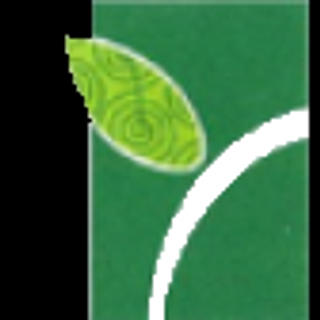- Admin
- Aug 29, 2018
- 1 min read
v37–42. What sort of attitude towards the faults of others does
Jesus prescribe, and why?
What positive actions are commanded here?
37-42节。耶稣叫人对于别人的过失应该保持何种态度?为什么?这里吩咐人要采取哪些积极的行动呢?
v43–49. On what does effectiveness and stability in the Christian
life depend? What is the remedy for a weak or inconsistent
Christian life?



